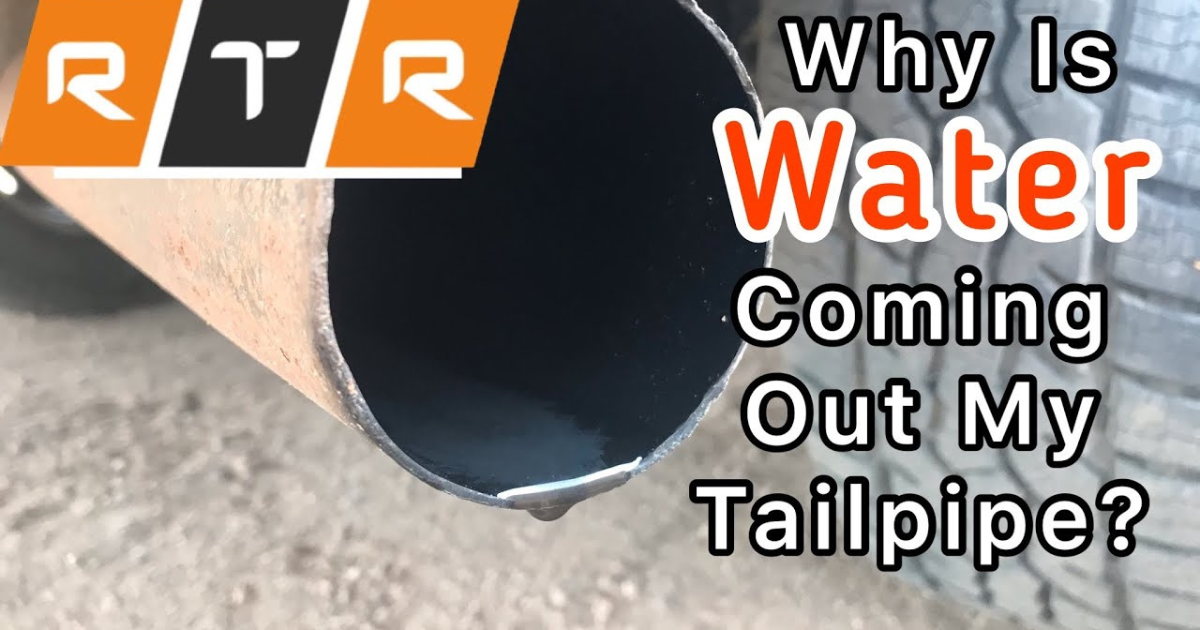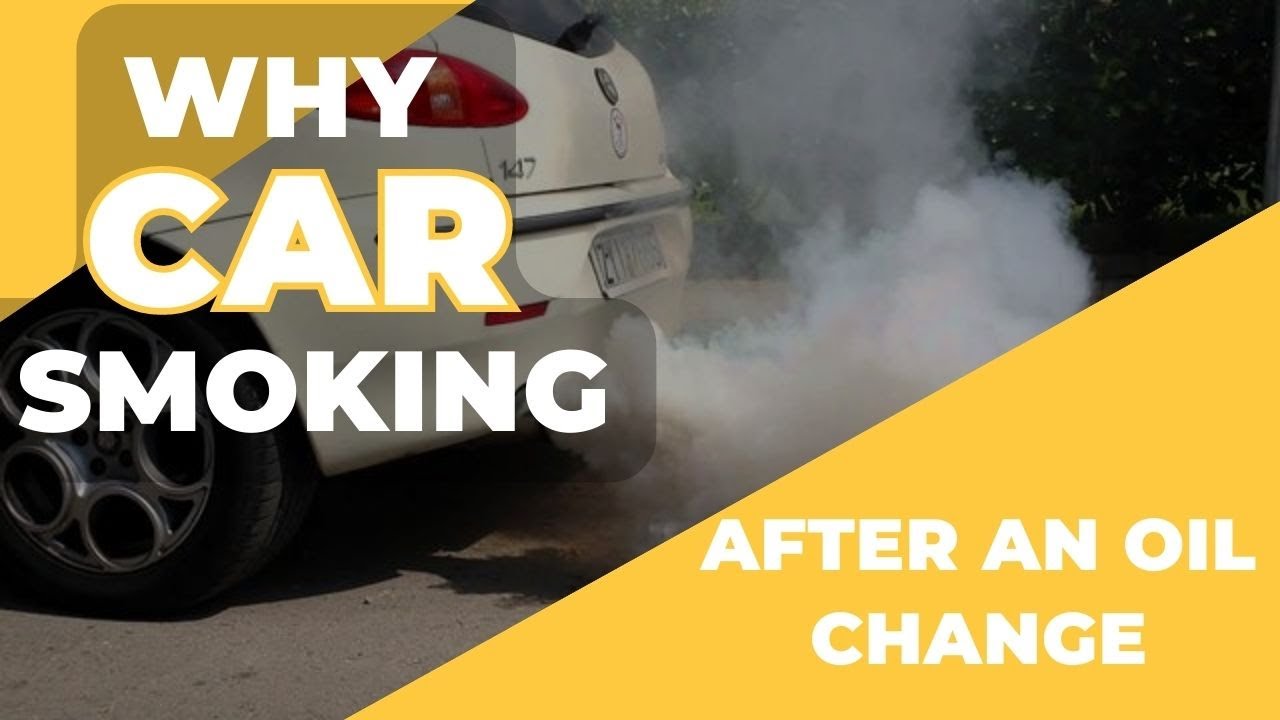Have you noticed water from your car’s exhaust? This is because your exhaust pipe contains water vapor. This water vapor comes from gasoline burning. However, exhaust joint water leaks must be adequately investigated. This confirms the cause and prevents car damage.
Vehicle exhaust removes gases and other byproducts from fuel combustion in the combustion chamber. When the engine is turned off, water vapor condenses into a liquid and exits out of the exhaust.
Long-term exhaust water flow is abnormal. Other negative causes cause water to leak from your vehicle’s exhaust. Signs of trouble and possible causes are below.
Causes of Vehicle Exhaust Water Dripping

Normal exhaust can release water, which several drivers are unaware of. Natural reasons trigger this most often. It need not imply a car issue.
1. Engine water condensation
Water condensation is a key source of exhaust leakage. Combustion immediately produces water and vapor when you start your engine.
You only notice exhaust smoke when driving. The vapor condenses into the water while parked. Vehicle exhaust releases this water. This is normal, so don’t worry.
2. Engine Heat
Those living in cold climates are likelier to notice water flowing from car exhaust. The engine needs a high temperature to work efficiently.
Due to environmental temperature, most system components emit extra heat when the engine is started. Thus, if water comes out of the exhaust when the car is parked, it is likely due to engine heat and cool air from the environment.
3. Damaged Piston
Black smoke and water from your vehicle’s exhaust may indicate a defective piston. This indicates action is needed. Identifying the problem may require a professional mechanic. Smoke and water may smell like exhaust.
As soon as you detect this, please park your car safely and have it towed to the repair. Poor piston rings might also create excessive smoke and water in your vehicle’s exhaust. If ignored, this condition may harm engine components, limiting performance.
4. Blown Head Gasket
A burst head gasket causes white smoke and water to flow from the exhaust. Head gasket leaks can arise from engine overheating. Heat swells and warps engine components, separating them from seals and gaskets. Eventually, leaks occur.
5. Catalytic Converter
Usually, the catalytic converter drips water. The catalytic converter reduces car exhaust vapor. The converter reduces smoke-related air pollution, making your car greener.
The catalytic converter converts hazardous gas to a liquid or gaseous nontoxic material. A catalytic converter that produces water from your exhaust is working properly.
6. Flood
If I have water in my exhaust pipe, what’s wrong? Another possibility is that the vehicle was flooded. When the vehicle floods, water may enter the exhaust pipe.
This may cause your engine to shut down abruptly. This is why water in the exhaust pipe is improper. The exhaust pipe should drain entirely in a few minutes after the deluge. Floods can damage engines, so avoid driving through them.
Is Exhaust Water Dripping Normal?
The exhaust pipe may leak water for regular reasons. Normal causes include water condensation, catalytic converter operation, and engine heat. If these factors cause it, no alarm is needed.
As mentioned previously, additional circumstances can cause tailpipe water leaks. If water still drips from the exhaust after ruling out the usual causes, take it to a mechanic.
Natural water condensation can drop from your car. The combustion process concurrently produces water and gas while driving.
As the engine cools, water drips from the exhaust. This comes from gas condensation. This happens to every vehicle and is typical.
Another typical cause is the catalytic converter. Catalytic converters reduce hazardous fuel combustion emissions. This part also reduces vehicle exhaust gas.
A catalytic converter that produces water from the exhaust is working properly. Cold weather increases exhaust water leaks from vehicles. To perform properly, engine system components must sustain a high temperature.





